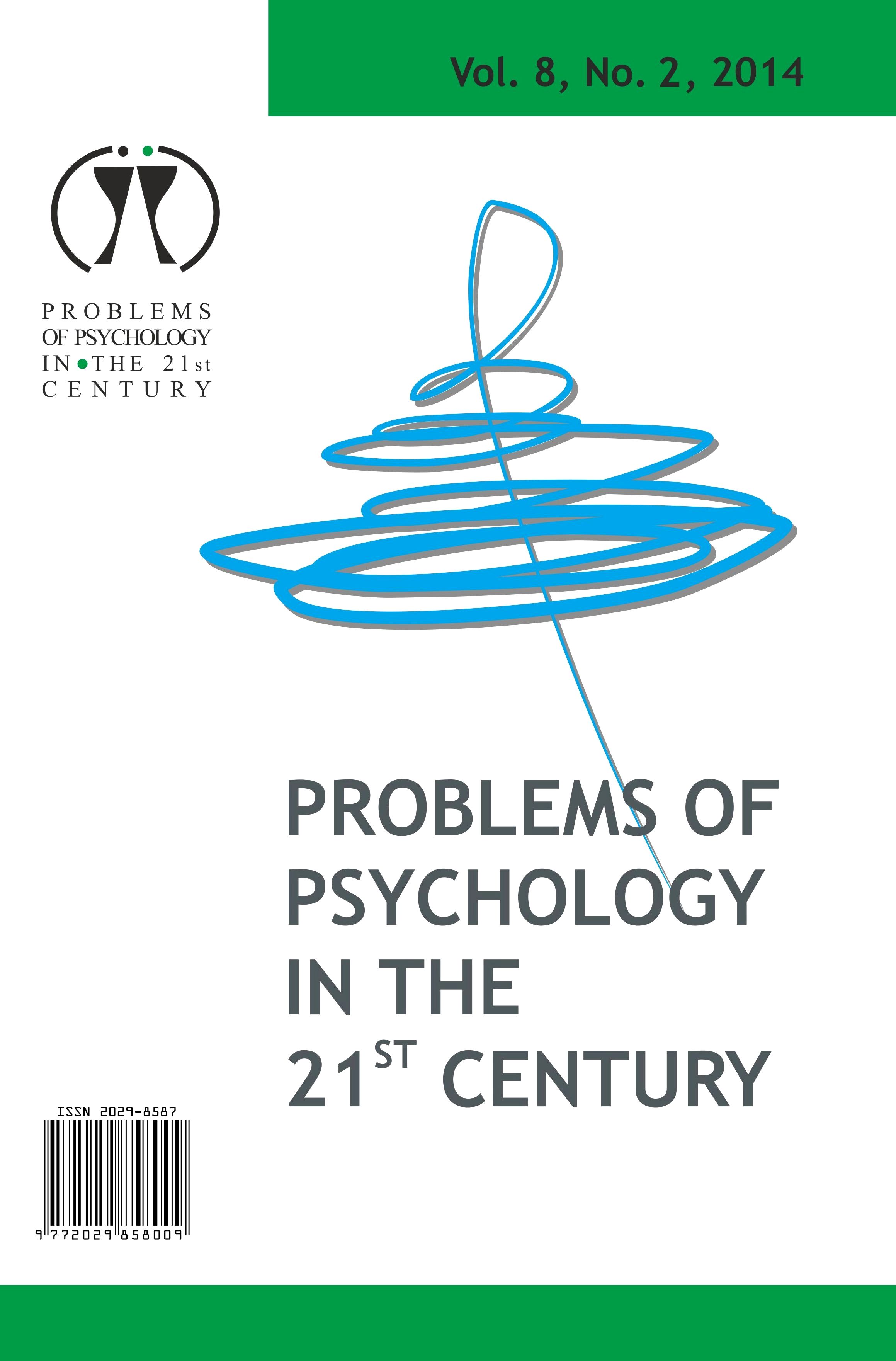EXAMINING INTERVENTION EFFECTIVENESS AND EFFICIENCY OUTCOMES IN SINGLE-CASE DESIGN STUDIES
EXAMINING INTERVENTION EFFECTIVENESS AND EFFICIENCY OUTCOMES IN SINGLE-CASE DESIGN STUDIES
Author(s): Julie Q. Morrison, Rebecca L. Rahschulte, Lauren McKinley, Allison M. MaxwellSubject(s): Psychology, Educational Psychology, Developmental Psychology
Published by: Scientia Socialis, UAB
Keywords: intervention efficiency; single-case designs; school psychology;
Summary/Abstract: The research literature on evidence-based academic interventions focuses predominantly on measures of intervention effectiveness. Intervention efficiency measures, in contrast, include the dimension of time required to achieve a level of effectiveness. The purpose of this study was to review the research literature for single-case design studies that included measures of both effectiveness and efficiency for academic (i.e., reading, math, writing, and spelling) interventions in schools. The study reviewed single-case design research on academic interventions published in six dominant peer-reviewed journals in school psychology between 2003-2013: School Psychology Review, School Psychology Quarterly, Psychology in the Schools, Journal of School Psychology, Journal of Behavioral Education, and the Journal of Evidence-Based Practices for Schools. The results of this study suggest that intervention efficiency measures are largely absent from the academic intervention research. The implications of this study are that both effectiveness and efficiency measures need to be considered as they each provide a unique contribution to determining the impact of an academic intervention.
Journal: Problems of Psychology in the 21st Century
- Issue Year: 8/2014
- Issue No: 2
- Page Range: 161-171
- Page Count: 11
- Language: English

